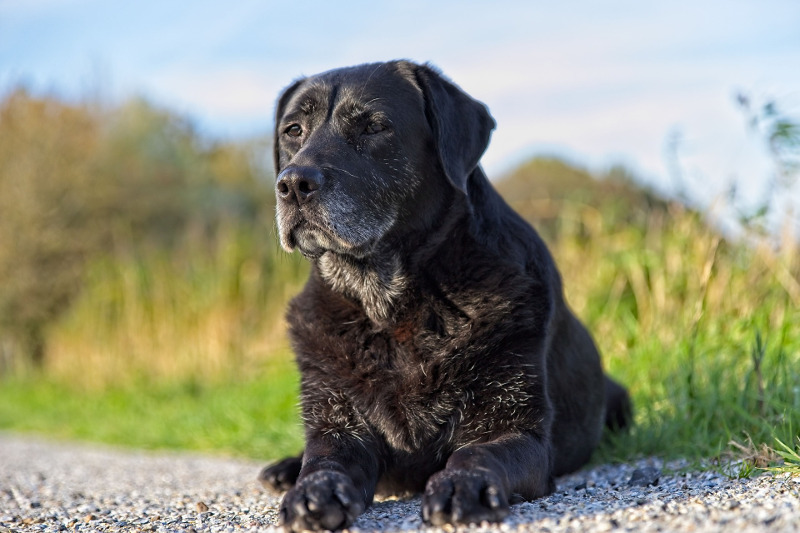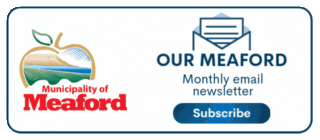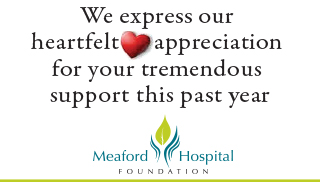Zinc is an essential mineral that plays a very important part in your dog’s overall health and well-being. In fact, it’s the second most-used mineral in your dog’s body, surpassed only by iron. Zinc works as a key part of over 300 metabolic processes, ensuring your dog lives a happy and healthy life.
Surprisingly, your dog’s body isn’t capable of storing zinc. Rather, it enters the body through diet, requiring a continual supply throughout the day.
When zinc stores become low, the less-essential bodily needs stop being adequately met. For many dogs, the first sign of a zinc deficiency is issues with the skin and coat. Dull and dried out fur, raised and crusty skin, and even problems with digestion can all be initial symptoms of a zinc deficiency. If untreated, your pooch may develop further symptoms such as immune system over-activity or a hyperactive thyroid. In severe cases, cancerous tumours or even death can be a result.
Thankfully, getting plenty of zinc in your dog’s diet can be easy. While all premium quality dog foods are supplemented with adequate amounts of zinc, if your dog has symptoms of zinc deficiency then regular diet might not be enough.
Powdered Supplements
High quality powdered zinc supplements can be an excellent and efficient way of adding more zinc to your dog’s diet. They’re easy to use, too. Simply sprinkle the suggested amount (dosages are generally based on body weight) onto your dog’s kibble. For fussy dogs, you can easily combine a zinc supplement with a tasty canned or raw food.
Zinc-Rich Treats
For some dogs, concentrated powder might be difficult on the digestive system, or they may simply refuse to eat it, no matter what you mix it with. That’s where zinc-rich treats come in. Red meats, such as beef, pork, or lamb, are exceptionally high in zinc. For dogs with allergies or sensitivities to common proteins, bison and kangaroo are also an abundant source of zinc.
Surprisingly, oysters have one of the highest zinc concentrations on the planet. Other great sources of zinc include beans, some nuts, and even whole grains.
Zinc deficiency can be difficult to detect, so it’s best to ensure your dog is eating a wholesome, fully-balanced diet as additional zinc supplementation may not be necessary.
If you want your dog to have a thick, lush, and shiny coat, pay a little more attention to how much zinc is in his or her diet.
Brandon Forder, known as The Pet Expert, is vice-president of Canadian Pet Connection, an industry leader in healthy pet lifestyles. Brandon is certified in pet nutrition, and has more than twenty-five years’ experience specializing in pet health and behaviour. He has written hundreds of informative pet-related articles for newspapers, magazines, radio, and the popular Ask the Pet Expert Blog. Brandon is highly skilled in pet problem solving, and enjoys teaching others about smart and responsible pet ownership. To learn more, visit www.CanadianPetConnection.ca.












